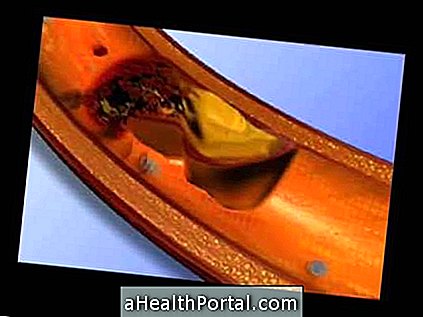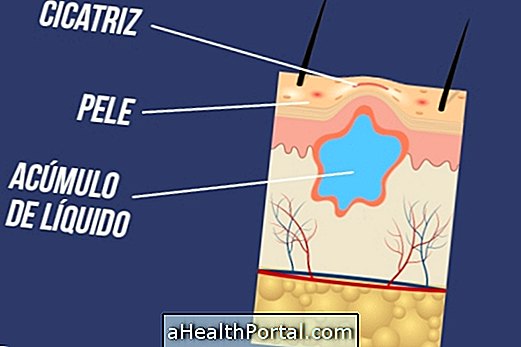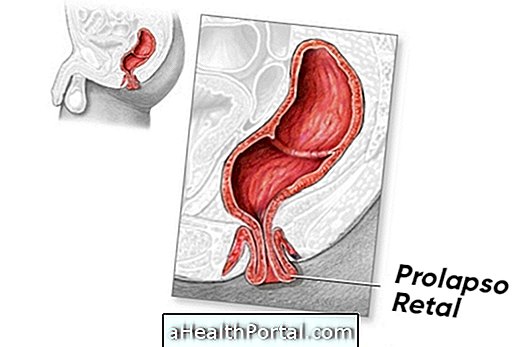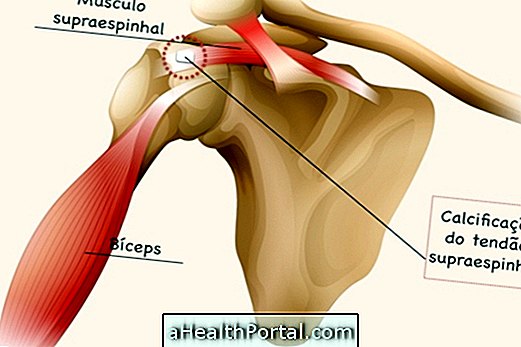Schwannoma, also known as neurinoma or neurilemoma, is a type of benign tumor that affects Schwann cells located in the peripheral or central nervous system. Usually, this tumor arises after 50 years of age, and may arise in the head, knee, thigh or retroperitoneal region, for example.
Treatment consists of surgical removal of the tumor, but in some cases, it may not be possible because of its location.

What are the symptoms
The symptoms caused by the tumor depend on the affected region. If the tumor is located on the acoustic nerve can cause progressive deafness, dizziness, dizziness, loss of balance, ataxia and ear pain, if there is compression of the trigeminal nerve can occur intense pain when talking, eating, drinking and numbness or facial paralysis.
Tumors that compress the bone marrow can cause weakness, digestive problems and difficulty controlling the bones and those located in the limbs can cause pain, weakness and tingling.
How is the diagnosis made?
To perform the diagnosis, the physician should evaluate the signs and symptoms, medical history and perform the necessary examinations, such as MRI, CT scan, electromyogram or a biopsy. Find out what a biopsy is for.
Possible causes
The cause of Schwannoma is thought to be genetic and related to type 2 neurofibromatosis. In addition, exposure to radiation may be another possible cause.
What is the treatment
For the treatment of Schwannoma, surgery is usually advised for its removal, but depending on its location, the tumor may be inoperable.























